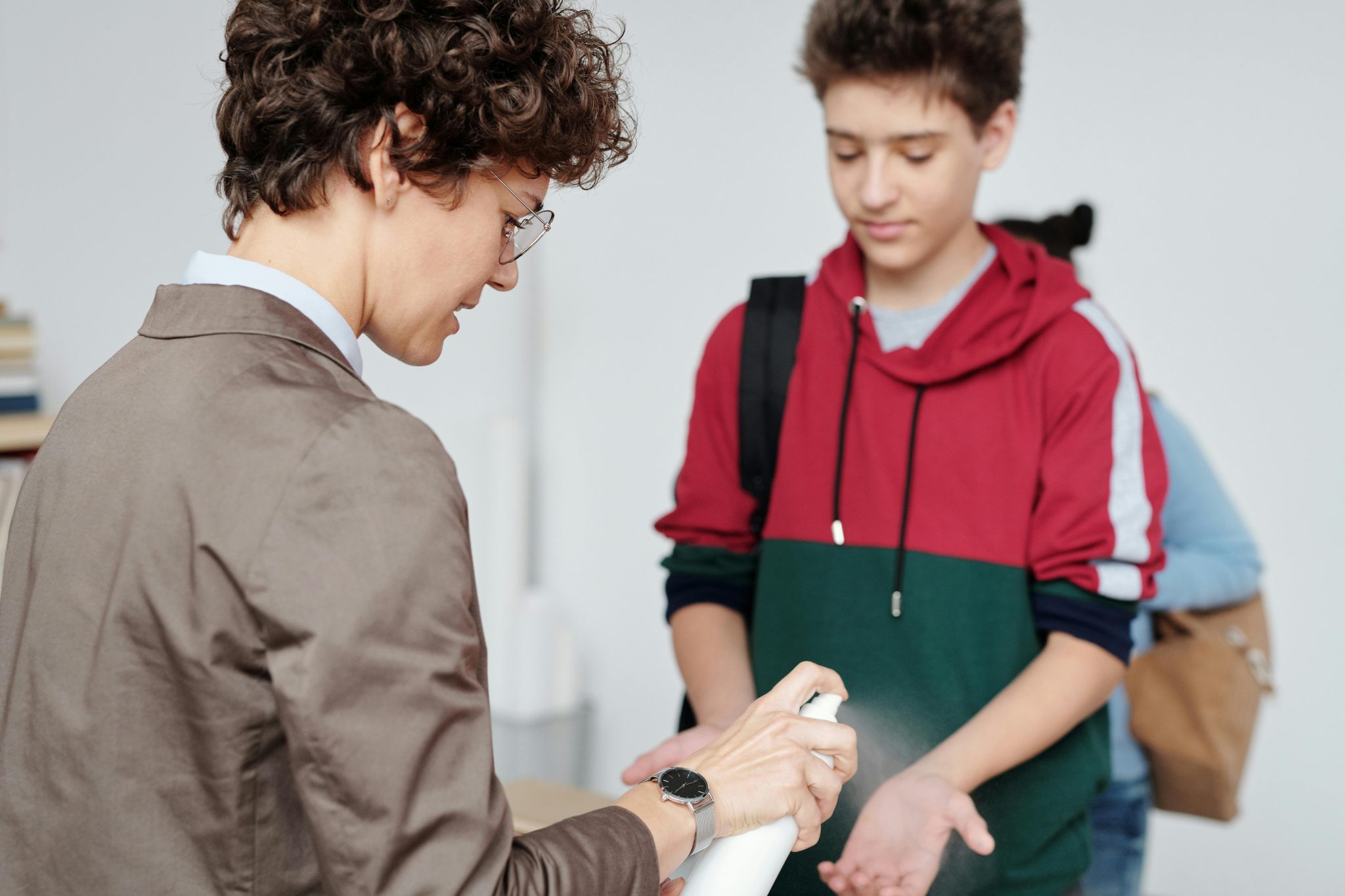Healthcare is one of the most beneficial fields to start with, but every beginner needs a strong foundation of skills to succeed. Clinical training lays the foundation for future responsibilities and prepares students for effective patient care. From measuring vitals to communicating with patients, these skills will ensure that new professionals feel confident and competent.
For individuals willing to start a new career as a Medical Assistant at Allen School, the initial significant step would be to master the core clinical skills. Such skills assist physicians and help build a rapport with patients. This article will breakdown the skills and competencies that healthcare professionals should focus on to succeed in any healthcare environment.
Measure Vital Signs Accurately
Vitals measurement is one of the clinical skills that every beginner should acquire. These include temperature, pulse, respiration, and blood pressure. The numbers provide doctors with a useful understanding of a patient’s overall health.
Precision is important since a wrong diagnosis can be made. Beginners need to be trained on the proper methods, such as how to choose the right cuff size for measuring blood pressure or to position thermometers correctly. Such facts provide a solid foundation for trustworthy patient care and the groundwork for higher-level clinical responsibilities. With consistent practice, these skills become second nature and help beginners build confidence in clinical environments.
Record Patient Histories

Gathering patient history is not merely completing a form with the patient; it involves a comprehensive assessment of the patient’s condition. It also involves listening and paying attention. Beginners learn to ask questions and take proper notes that lead to their treatment.
Information gathered tends to comprise:
- Past health-related issues.
- Current medications
- Allergies or sensitivities
- Lifestyle details like diet and exercise
This knowledge can help physicians make effective, safe, and informed decisions. To the patients, it demonstrates that the healthcare team is concerned about their experiences and concerns. Recording accurate histories is a skill that builds confidence and enhances clinical outcomes.
Perform Basic Clinical Procedures
Beginners also need to learn simple yet significant procedures. These are drawing blood, giving injections and colecting lab samples. All the tasks assist doctors and nurses in maintaining a flow of care.
Confidence comes with practice. The training programs allow the students to operate under controlled conditions until they feel comfortable. By acquiring these skills at an early stage, healthcare professionals establish the foundation of habits that promote safety and effectiveness. Such experiences also equip them with higher clinical skills as their careers advance.
Assist with Patient Education
Explaining medical instructions is a big part of healthcare. Patients usally feel nervous or confused during visits.Beginners should be taught how to explain themselves in a manner that is simple, pleasant and comprehensible.
Key points to cover during education:
- Dosages and administration of prescribed medicine.
- Aftercare or recovery steps.
- The follow-up time to visit the clinic.
This competency is useful in helping patients feel confident in self-managing their health. In the context of healthcare providers, strong patient education lessens errors and enhances overall patient outcomes. It is one of the skills that a beginner can have the most influence on.
Maintain a Safe and Clean Environment

Healthcare revolves around cleanliness. Beginners are trained how to maintain sterile instruments, disinfect examination rooms and take safety measures. Such measures minimize the chances of infection and provide a safe environment for both patients and staff.
Even minor steps, such as washing hands properly or disposing of needles properly, make a great difference. Adherence to protocols helps beginners to safeguard themselves, their co-workers and the patients they deal with. Good health practices are key values, such as safety and cleanliness, that cut across all levels of the healthcare career.
Build Strong Professional Habits
Clinical skills go beyond technical activities. Beginners should also develop habits that facilitate professionalism. These are time management, teamwork and empathy. They all combine to make a healthcare worker reliable and trustworthy.
Career-strengthening habits:
- Arriving prepared and organized for every shift
- Effective communication with fellow staff and clients.
- Staying calm under pressure in busy environments
These habits form the backbone of a healthcare career. For any person willing to start a new career as a Medical Assistant at Allen School, the ability to combine both clinical skills and professional habits is a precondition for long-term success.
Healthcare beginners excel in their careers when they master both technical and personal habits. Measuring vitals, histories, and simple procedures formed the basis of clinical work. Patient education and safety practices add confidence and trust. Finally, strong professional habits shape lasting success. With this in mind, any beginner can enter the healthcare field prepared to serve patients, physicians, and for personal development.





















